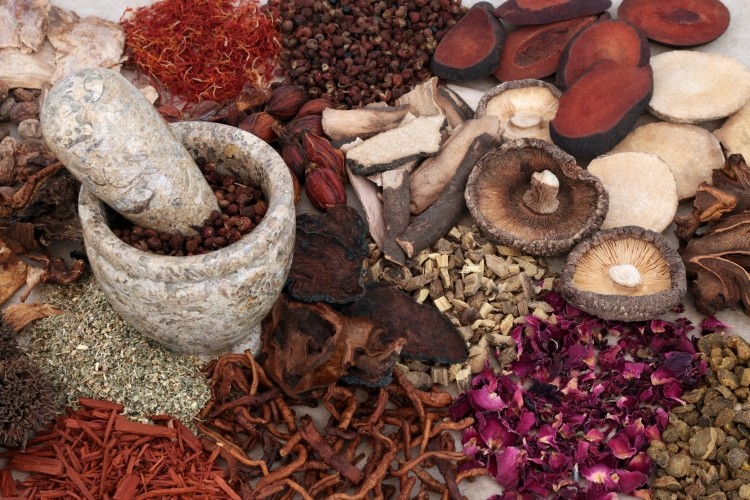AHPA requests removal of US tariffs on Chinese herbs

“The effect of the actions has been to increase the cost of herbal products in the U.S. marketplace and reduce the availability of products containing ingredients typically sourced to China,” AHPA said in a set of comments submitted to the United States Trade Representative (USTR) as part of the statutory review of the necessity and impact of the tariffs.
In AHPA’s view, the net effect of the trade war tariffs has been to exacerbate economic hardship at home instead of accomplishing the stated purpose of retaliating against Chinese technology transfer and intellectual property practices.
Domestic economic harms
AHPA points to the “significant adverse impacts on supply chains for herbal ingredients and product packaging” stemming from the actions taken under Section 301 of the Trade Act. Currently, the tariffs on most herbs and botanicals from China are 25% (dried fruit and vegetable products, oil seeds, fats and oils), although some are tariffed at a lower rate of 7.5% (spices, gums, extracts and essential oils and resinoids).
“U.S. manufacturers and marketers of herbal products that use ingredients or constituents listed above have been faced with the need to either increase prices and thus risk sales losses, absorb additional costs by reducing profit margins or discontinue products; each of these responses introduces domestic economic harms,” AHPA commented.
Robert Marriot, director of regulatory affairs at AHPA, told NutraIngredients-USA that the tariffs have affected hundreds of different commodity types applicable to the herbal trade, making it very difficult to quantify the cost to the herbal and dietary supplement industry. In addition, small businesses, which make up the bulk of the industry and provide U.S. jobs, are most affected by the financial burdens caused by the tariffs.
“The net effect of such a wide-reaching increase in the price of raw products will necessarily have a concentrating effect on market power in affected industries,” AHPA commented.
Grown only in China
Addressing USTR’s questions regarding sourcing options, AHPA emphasized that it is “infeasible to develop alternate sources for many herbal commodities traditionally sourced from China” and certainly within a timeframe that does not consider time to harvest.
“Herbal crops such as roots, bark, leaves, flowers, fruit, seeds, etc. may have individually small market demand, and many such plants can require anywhere from three years to over a decade before they sufficiently mature to harvest the marketable commodity,” it explained.
Other factors that might prevent a quick shift to domestic sources: ensuring that goods comply with stringent manufacturer-set specifications for freedom from contaminants and meet the required specifications for botanical composition. These variables, AHPA explained, can be significantly impacted by growing and cultivation conditions.
“Keep in mind that most of the herbs and botanicals imported from China are only grown in China and are usually almost never grown commercially in the US,” Wilson Lau, president at Nuherbs, which specializes in the import of Chinese botanical ingredients, told NutraIngredients-USA. “Per AHPA’s comments, tariffs on our class goods don’t actually further the goals of tariffs on China, they just increase the cost for consumers.”
Hopeful for Phase II
This is the second time that AHPA has submitted comments calling for the removal of tariffs. Its first comments, submitted in 2018 in the wake of the tariff listings, asked for exclusions for items like cod liver oil, ginseng root, whey protein concentrates and a variety of dried mushrooms and spices. Without substantive response, the over 350-member organization sent a follow-up letter to newly-appointed USTR Katherine Tai in 2021 seeking similar relief but received no response.
“Given that the Phase I agreement reduced and removed tariffs from a significant number of items, AHPA is hopeful that the current administration would agree to greater common-sense reforms in any forthcoming agreement,” Marriott said.
“If the US government removes the tariffs, it would provide much-needed relief to both consumers and businesses, especially with inflation on the rise,” Lau added.















